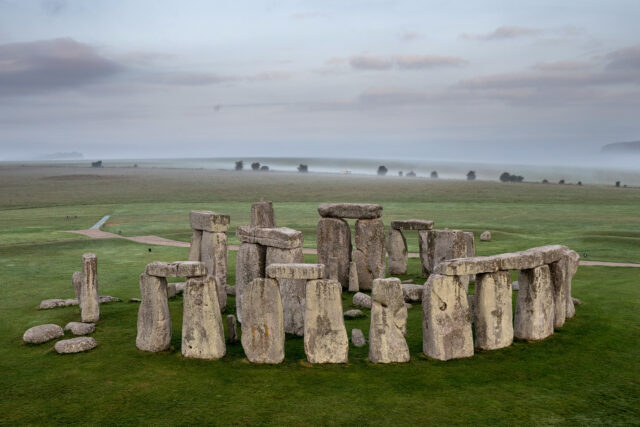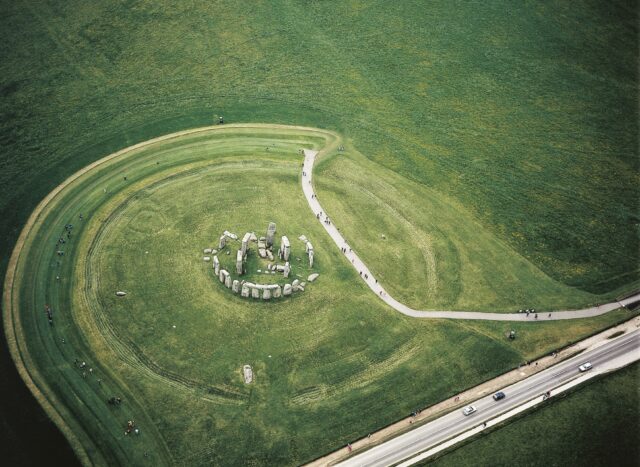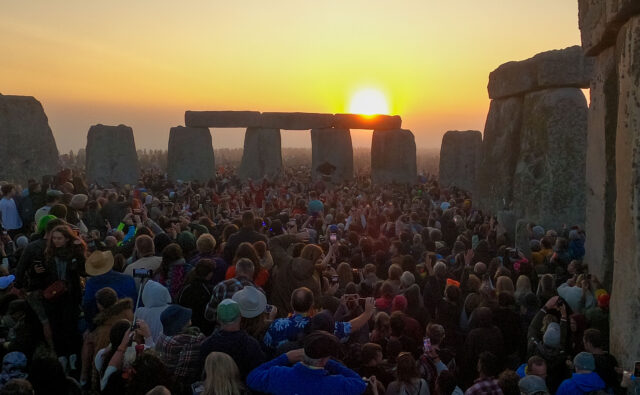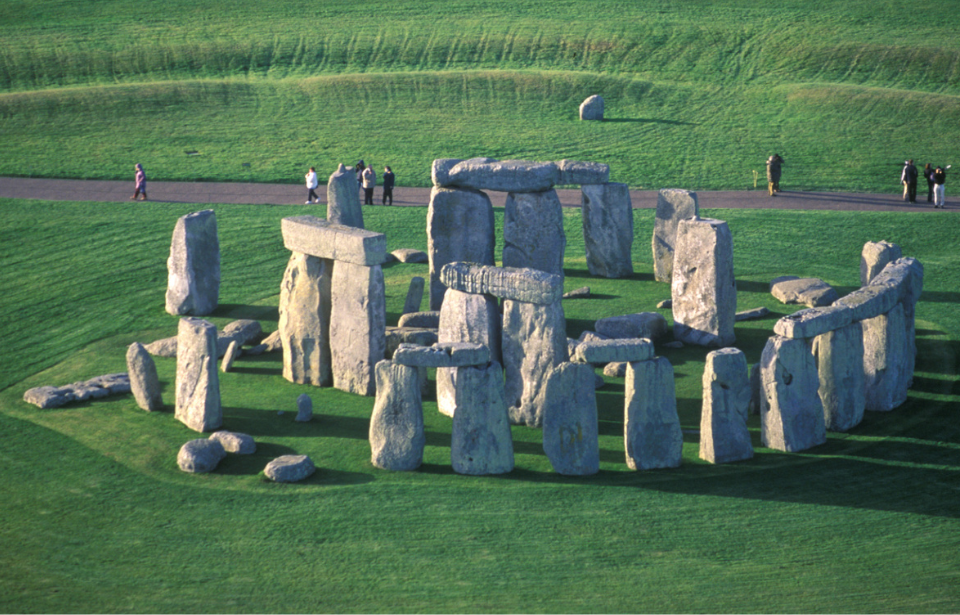Stonehenge, a monument shrouded in mystery and ancient grandeur, has stood for millennia as a symbol of human ingenuity and spiritual significance. This prehistoric site in southwestern England has recently found itself at the center of a heated debate involving modern development and heritage preservation. As plans for an underground road tunnel near Stonehenge stir controversy and provoke widespread concern, UNESCO has called for the site to be added as part of their World Heritage in Danger list.
Stonehenge is a significant historical monument

Stonehenge, one of the world’s most renowned prehistoric monuments, has captivated people’s imaginations for centuries. Constructed in stages between 3000 and 2300 BCE, this megalithic marvel stands in southwestern England as a testament to ancient ingenuity and architectural precision. Its sophisticated layout and massive stone structures have made it a symbol of mystery and reverence.
Stonehenge’s importance is multifaceted; it is not only a historical and archaeological treasure but also a sacred site for modern Druids who celebrate the summer and winter solstices there. Since 1986, it has held the status of a UNESCO World Heritage site, attracting millions of tourists who marvel at its grandeur and speculate about its origins and purpose.
Controversial tunnel plans led to the proposal

Recently, Stonehenge has been at the center of a significant controversy involving a proposed underground tunnel. In July 2023, the British government approved the construction of a £1.7 billion road tunnel near the site, aiming to alleviate congestion on the frequently busy A303. This decision has faced staunch opposition from various campaigners and experts who warn that the project could cause “permanent, irreversible harm” to the area. The UN’s cultural organization, UNESCO, has expressed its concerns by recommending that Stonehenge be added to its World Heritage in Danger list, highlighting the potential threat to the site’s integrity.
The World Heritage Committee has issued a draft decision, suggesting the inclusion of Stonehenge on this list “with a view to mobilizing international support” to protect the site. This recommendation is seen as a significant move that could pressure the British government to reconsider its plans. One diplomat has noted that the decision will likely be approved by the member states of the World Heritage Committee. This potential listing could be viewed as an embarrassment for London, reflecting poorly on its commitment to preserving its cultural heritage. The committee has reiterated its previous requests to alter the tunnel plan, preferably by extending it to minimize its impact on the area.
Reactions to the tunnel are divided

The proposed tunnel project has received considerable backlash from local communities, heritage organizations, and campaign groups. The Stonehenge Alliance, a prominent campaign group opposing the tunnel, has welcomed the World Heritage Committee’s draft decision. Historian Tom Holland, president of the Stonehenge Alliance, remarked, “The new government will have the perfect opportunity to reverse a road scheme that is not only ludicrously expensive but risks huge damage to the country’s international reputation.”
Local reactions have been mixed, with the community divided over the tunnel’s potential benefits and drawbacks. National Highways and some UK heritage charities argue that the tunnel would improve the landscape by removing the road that currently runs above ground, thereby enhancing the visual integrity of the site. However, this view is not universally shared. Druids and other groups that hold Stonehenge as a sacred site have actively protested against the tunnel, emphasizing the spiritual and cultural significance of preserving the site in its undisturbed state.
More from us: The Abandoned Byron Hot Springs Hotel Went From Glamour Hotel to Interrogation Camp During WWII
The debate over the tunnel has led to regular protests and repeated legal battles, and it is only a matter of time before we learn whether Stonehenge is set to join the list or not.
